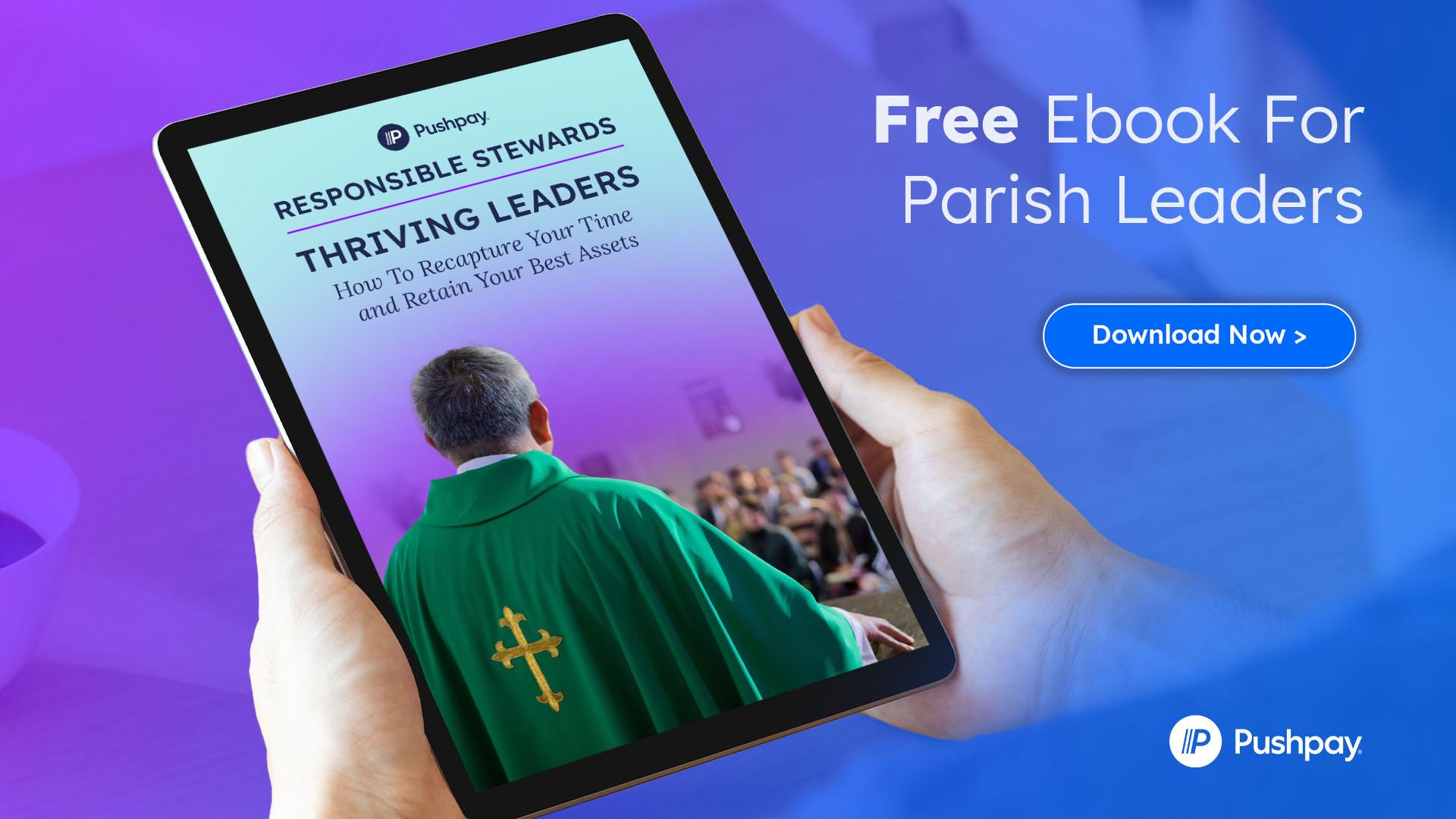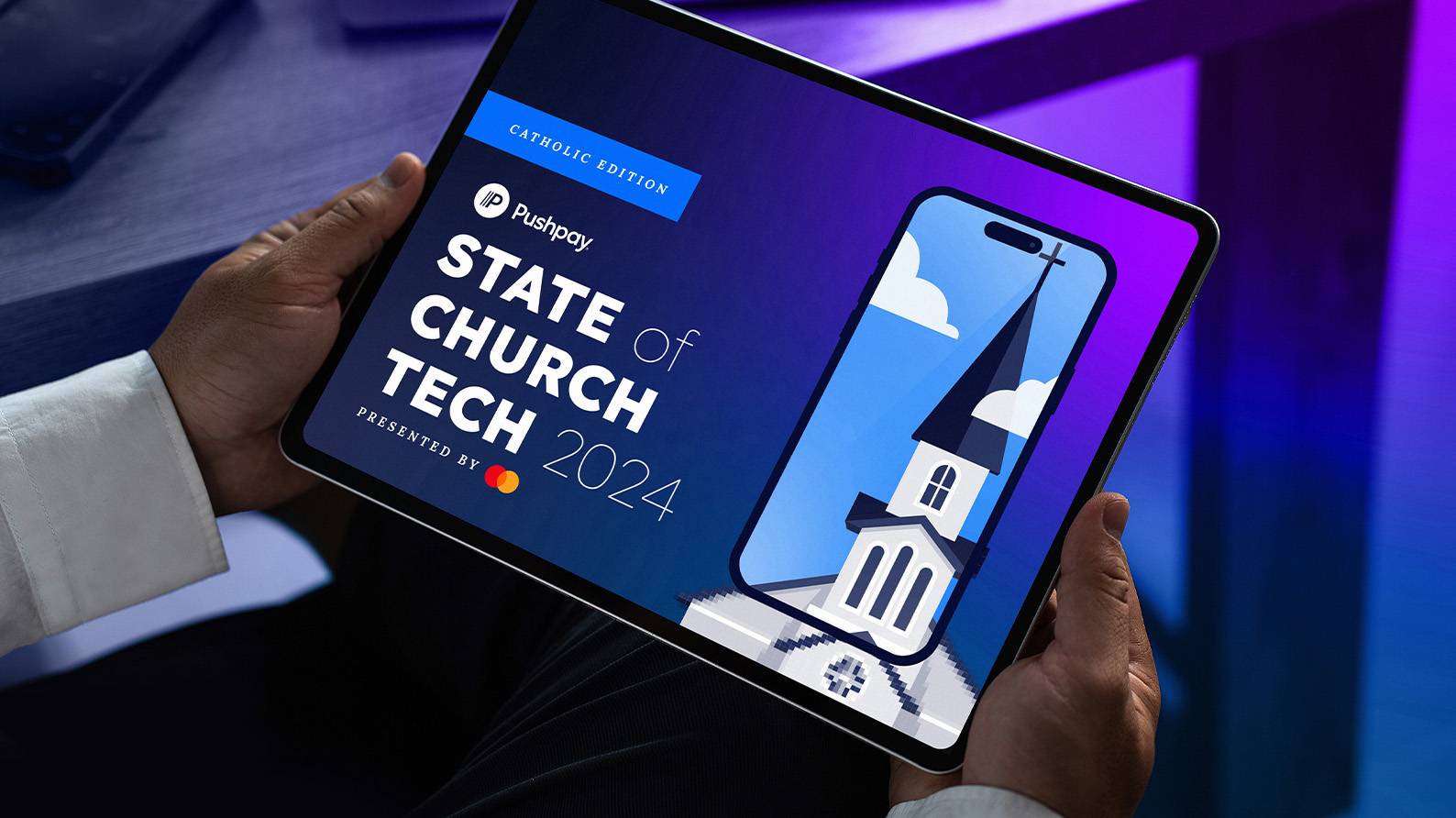One in five priests say that they’re dissatisfied in their place of ministry. According to a survey done by the National Association of Catholic Theological Schools in conjunction with the Center for Applied Research in the Apostolate, their top six reasons for dissatisfaction were “too much work and feeling burnt out.”
For a pastor or parish staff member, one of the leading causes of burnout and excessive workloads stems from inefficient processes. Take, for example, the process of the Sacrament of Marriage. Although thousands of weddings are celebrated in parishes every year, the process still requires staff to keep track of a paper trail.
When a couple contacts the parish office to make plans for their wedding, a marriage coordinator will either mail forms or ask the couple to stop by the office. Once the completed forms and checks or cash are turned into the office, the coordinator manually enters their information into the parish system, books the chapel, informs the priest and liturgy director of the wedding date, and ensures that the couple stays on track with all of the requirements leading up to their wedding day.
Unfortunately, this manual process risks losing track of dates and unnecessarily creating more work (and time) for staff. In addition to weddings, consider the other manual processes parish staff typically manage on a daily basis, such as faith formation, funerals, new parishioners, and more. Over time, the total weight of inefficiency can lead to a lack of motivation, productivity, and even joy for ministry. Parishioners will start to sense those changes in your staff’s mood, attitude, and delivery or quality of your parish services. And once your members begin to sense that, it can affect their level of engagement and connection with your parish and become a slippery slope toward a decline in attendance, sacraments, and generosity.
Better church software, however, can fill the gaps in parish inefficiencies and even accelerate many of the everyday processes that have been causing the stacks of paper on your desk to pile up every month. A good Catholic software system is intuitive, and enables staff to streamline communication, automatically add registration forms into the system, accept payments, send internal follow-up alerts, and even access parishioner profiles while away from the office. It can reduce the paper trail significantly and free you up to spend more time in prayer and doing the work you love in parish ministry.
Technology may not be the sole solution to the Church’s biggest problems, but it is a tool to help pastors and staff become better stewards of their time and resources.
Many parishes across the country are making a concerted effort to re-evaluate their own processes and find ways to better serve their communities and become better stewards. Download our ebook, “Responsible Stewards, Thriving Leaders: How To Recapture Your Time and Retain Your Best Assets,” and explore real-world stories from parishes that are implementing better church technology to streamline processes and manage the resources entrusted to their care.














